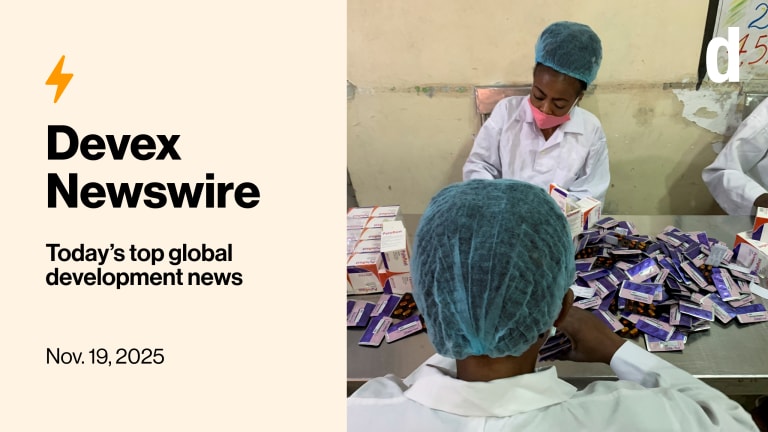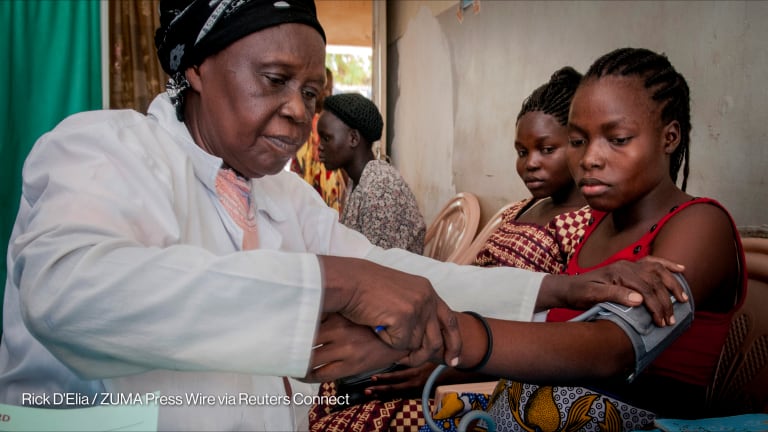The U.S. Agency for International Development and World Bank are working with the Haitian government to switch to results-based financing for health care projects in Haiti, a move officials at a summit on health in Haiti on Capitol Hill Thursday said should help to relieve the burden of data reporting on contractors.
“We are working to establish more health data, particularly results-based finance. We will start doing impact evaluations to show the real impact we had on Haitian health,” said Florence Guillaume, Haiti’s public health and population minister.
Currently, health financing is done on the basis of grants, not on the basis of program performance results, Guillaume said, but results-based financing will change this.
This story is forDevex Promembers
Unlock this story now with a 15-day free trial of Devex Pro.
With a Devex Pro subscription you'll get access to deeper analysis and exclusive insights from our reporters and analysts.
Start my free trialRequest a group subscription







